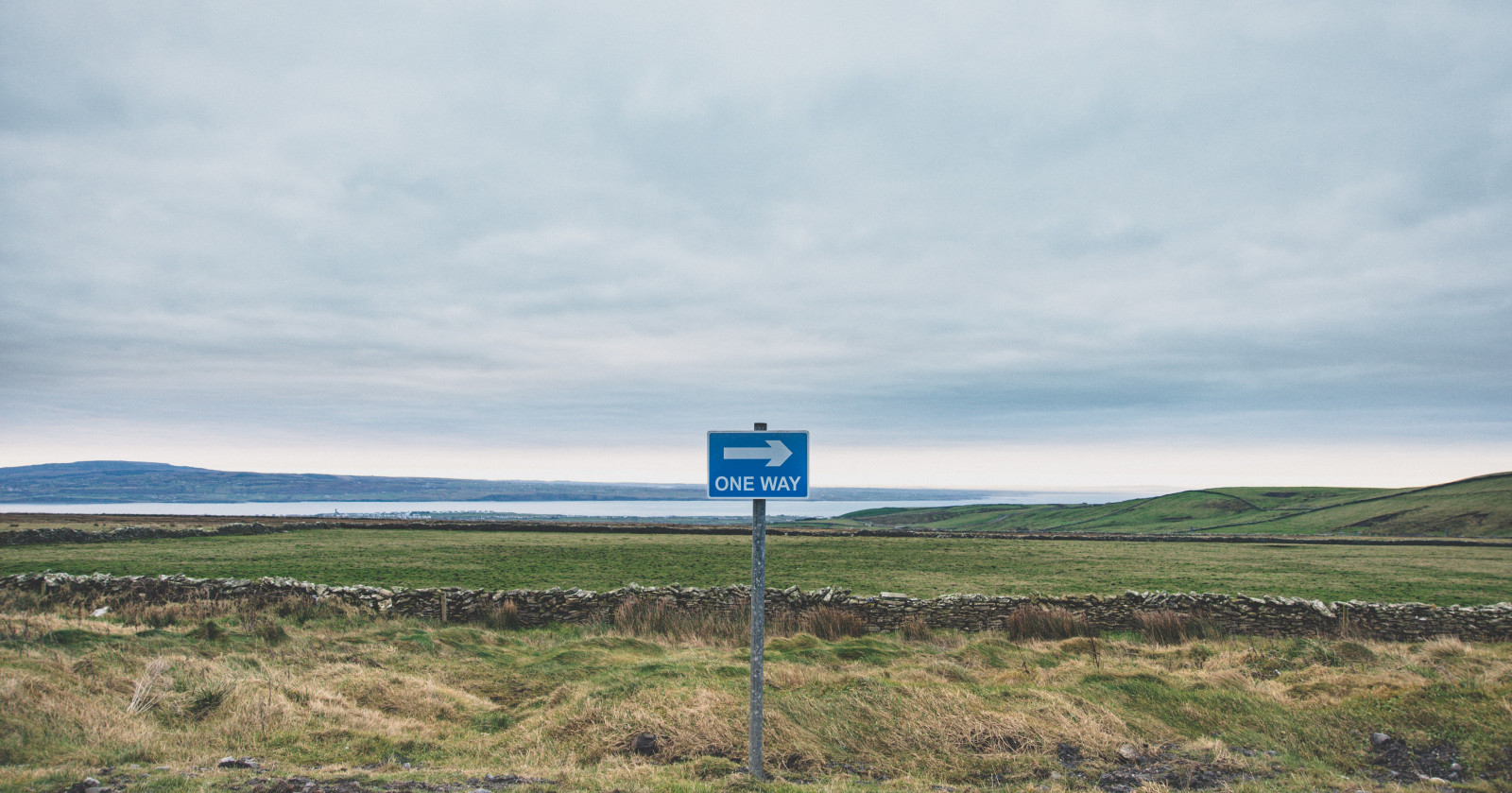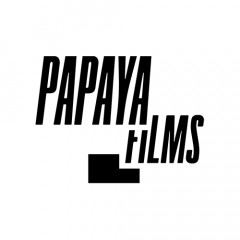Don’t be afraid of blazing trails. Trust your instincts. Promote and grow more conscious attitudes. Join the change. Celebrated on April 22, Earth Day is as good a time as any to remember and embrace these principles. Here at Papaya Films, we have been champions of the environment for years now. We have still a ways to go, but the goal remains clear.
A lot of time has passed since youth activist Severn Cullis-Suzuki first captured international attention at the 1992 Earth Summit in Rio de Janeiro, where she accused the assembled leaders of environmental ignorance. In the intervening years, many of us awoke to the dangers of unfettered resource exploitation, greener energy sources became available and then grew popular, hybrid cars appeared, and major nation-states began banding together to sign climate treaties. As awareness of the looming danger grew, so did efforts to find solutions. As far as the broader picture is concerned, however, little changed, particularly in Poland which, at the turn of the twenty-first century, found itself drowning in plastics and unable to tackle environmental issues and the fragility of human ecosystems in a systemic manner. Individuals had little environmental awareness, but so had businesses and organizations. The advertising and film production industries operated as they had for years, and little thought was given to making even the smallest adjustments. Our approach to printing embodied this carefree attitude. Back in the day, printers across the Papaya Films offices belched out dozens of contracts, booklets, and other materials we believed necessary for preproduction and production proper. Now, however, we look at it in a wholly different light, and focus on fostering a greener, more environmentally-friendly outlook.
“Back when I began in the advertising industry, some seventeen years ago, I used to go through as many as ten reams of paper per project. And that was just me! I printed out all the shootingboards, all the PPM booklets, which tend to change a number of times throughout the production, work schedules, final cost estimates, invoices, everything,” says Michał Trusiewicz, a producer who joined Papaya Films four years ago. “I remember the sheer amount of paper waste. One small change in the documentation and we had to print out the whole thing all over again, it was easier than unbinding every set of prints and swap out the couple of affected pages. At times it was two or even three hundred pages a pop, but we rarely thought about it back then,” adds Iwona Mnich, head of production at Papaya Films.
Both of them also admit that they never saw any similar effort toward limiting paper usage and any sort of debate about environmental issues before joining Papaya Films. Today, after a couple of years of preparations, we’re much more careful about what we print and in what quantities—the less we end up printing, the better. For the past five years, we’ve been trying to move entirely toward using electronic documents. Over the last twelve months, we’ve also been using electronic signatures, a solution we’ve also been encouraging our frequent contractors and partners to adopt. Why? Well, aside from the environmental considerations and the convenience it offers, it allowed us to slash paper, envelope, postage, and archiving costs. Plus, our custom in-house tool, iBooklet, allows us to introduce changes in real-time and, by preventing us from printing the documents, helps us maintain confidentiality as electronic copies are much less likely to fall into the wrong hands.
Putting trash in the proper receptacles is only a part of the process. Whenever possible, we act preemptively, trying to pick the right materials before ever stepping foot on set.
Another challenge we face practically everyday is having the values we hold dear inform the way we work on set. First off, there’s waste. We’ve been segregating our on-set trash for years and continually strive to perfect the process. We’re also rather relentless about educating our crews about what we can do for the planet together. Putting trash in the proper receptacles is only a part of the process. Whenever possible, we act preemptively, trying to pick the right materials before ever stepping foot on set (actively forgoing stuff like styrofoam, for example). We also try to check how the companies doing waste management for our sets handle that waste waste.
“Changing your habits is the hardest, they’re part of our nature and may feel impossible to break. Some people protest change just to have something to stand against. Others think that changing will require some sort of superhuman effort on their part. The truth is, there’s not much effort to speak of, the two seconds you’ll spend choosing what receptacle to put your trash in won’t cost you a thing,” says Iwona Mnich.
On top of that, not everything we use on set and no longer need after the work is done should be chucked into the trash, even properly segregated. As Papaya Films, we’re involved with a number of initiatives aimed at recycling set decorations, costumes, and props. We’d like to set up a sort of circulation for items like these, in order to cut down on the need to purchase them over and over again whenever the production calls for it. We believe it’s also important to give them a second life, to the extent possible, even outside the industry. Handing them off to people who need them most is one avenue.
“It’s hard to cut down on certain categories of waste. That’s why we try to encourage everyone to make smart buying choices and give away clothes and materials they no longer need. Whenever we begin working on set, we come up with one or two NGOs that we later hand off our surplus to. The rule here is ‘If you can’t reduce or reuse it, have it work for someone else,’” says Maja Sontag, a producer with Papaya Films.
One solution we’re currently working on involves setting up production hubs that would be made available to clients worldwide. Hubs like that would not only eliminate much of the need for travel, but would help reuse elements of set decorations, costumes, and props. This is one of our flagship projects and was designed to cut down on our carbon footprint and boost the effectiveness of our production setups.
We believe educating future filmmakers in environmental issues is also of paramount importance. That’s why AdGreen, a UK-based initiative working to minimize the advertising industry’s harmful impact on climate, has recently joined the Papaya Young Directors competition as a partner. Together with AdGreen, we’re drawing up original materials for our finalists and putting together workshops that will help contestants prep their sets in a more environmentally conscious and responsible manner.
Changes like that often happen in small steps – even marking a single plastic bottle with your name and later refilling it instead of opening new ones is a big step forward.
Another significant change we’ve been pushing pertains to craft services. We’ve replaced plastic cutlery and tableware with single-use environmentally-friendly versions, and swapped ubiquitous plastic beverage bottles out for water dispenses. Changes like that often happen in small steps – even marking a single plastic bottle with your name and later refilling it instead of opening new ones is a big step forward. We also pay considerable attention to diet and the meals on set – we don’t serve any red meat and take care to offer meals made from local, seasonal vegetables. On top of that, we don’t throw away food – if there’s any leftovers from the catering, we try our best to donate them to food banks, pantries, and organizations feeding the hungry.
The pandemic has turned much of film production upside down, hitting efforts to keep it environmentally friendly particularly hard. Because of new health and safety considerations, many of our established routines and efforts had to be put on hold. The amount of masks, gloves, disinfectant, and additional food safety measures our crews now go through is not exactly in keeping with our intention of reducing our on-set use of plastics. On the other hand, as explained by Michał Trusiewicz, the pandemic considerably accelerated the adoption of remote production arrangements.
By our calculations, with 70% of the production efforts taking place remotely, and with air travel out of the equation, our costs went down by as much as twelve percent.
“Suddenly, we found ourselves barred from setting foot on set or traveling to render production services abroad, and had to make do with remote setups. As producers, we had to quickly develop new competencies and earn the trust of both clients and agencies. A year ago we were shooting a campaign for Axe – the client was in Rotterdam, the agency was in London, the director was in the States, and we were shooting it over here in Poland, with the production manager, assistant, assistant director, cinematographer, and me. We were all sitting at home, in front of our computer displays, and watching the livestream from the set. The whole thing went off very quickly and surprisingly smoothly. Comparing to what projects of this size looked like two, three years ago, where we had flights to and fro, lodgings and whatnot, we cut down our carbon footprint by a lot,” explains the Papaya Films producer.
Production costs are slashed along with the carbon footprint. By our calculations, with 70% of the production efforts taking place remotely, and with air travel out of the equation, our costs went down by as much as twelve percent. Transportation is also key when it comes to local travel. Whenever we use cabs, we ask the cab company for either a hybrid or a fully electric vehicle. For the past couple of years, we’ve also been trying to arrange all of our transport to abide by ride-sharing principles and educating our partners toward abandoning single-passenger transport. By the end of this year, all of Papaya Films’ local transport will use electric and hybrid vehicles exclusively and we’ll be moving away from traditional, internal combustion engine transportation entirely. We have no company car policy at Papaya Films, on the contrary – a growing number of our staff have been switching to bikes, scooters, and public transit.
We keep poring over our processes, stand up workgroups tasked with implementing elements of our green policies, and continue digging into our business and expenses related to production and transport.
But our pro-environmental stance and efforts are not limited to our sets, where we try go get everyone to buy into our shared environmental objectives, from set designers, through cinematographers and costume designers, all the way up to make-up, grips, and gaffers. We began our transformation, however, with ourselves and our offices, working to reform the everyday processes that make up our jobs – the IT-related, including archiving efforts, which were moved to the cloud a long time ago, as well as those pertaining to workplace comfort. Around ten years ago, we swapped our water provider, switching from plastic to glass, and soon afterward moved toward on-site filtration. Our guests are served tap water in decanters. We don’t use capsule-fed coffeemakers, and instead order select beans for our espresso machine. Individual tea bags were also phased out. Rather than use paper towels, we installed eco-friendly hand dryers.
We have also been consistently growing our intelligent office greenery program in order to provide our staff with a natural, no-device air filtration system. In collaboration with a landscape architect and a horticulturist, our offices have slowly been turning into a small jungle. Many of the plants were once used on our sets as decoration, and were given a second life in our office. We also partnered with a company that buys up unwanted plants, regenerates them, and hands them over to us.
We’ve had some successes here at Papaya Films, but we feel that our struggle toward reaching climate-neutral status has only just begun. We keep poring over our processes, stand up workgroups tasked with implementing elements of our green policies, and continue digging into our business and expenses related to production and transport. Already driven by our commitment to the three Rs, Reuse – Reduce – Recycle, we know that adding the fourth R, Repeat, is the key to building a more sustainable operation. It’s the repetition that will help us educate others and promote environmentally-friendly attitudes.
“We were the first to communicate our commitment to using hybrid cars and segregating waste on set. Even if others have been doing it before, they have not been communicating it as we have. It was here that I first started thinking about how we could actually take better care of the Earth, the environment, and slash the carbon footprint of our production efforts. Some will say it ain’t all that much, but in my view, it’s always a move in the right direction,” says Michał Trusiewicz, a producer with Papaya Films.
see also
- Eduard Micu: Things that make us laugh
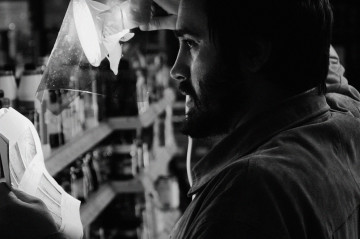 Papaya Young Directors
Papaya Young DirectorsPeople
Eduard Micu: Things that make us laugh
- Officials in the Chinese city of Luanzhou to Play Matchmaker for Single Residents in a Bid to Boost Birth Rates
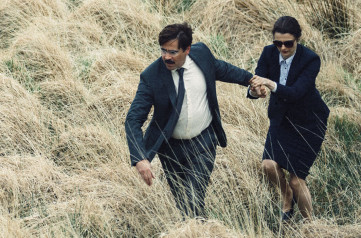
News
Officials in the Chinese city of Luanzhou to Play Matchmaker for Single Residents in a Bid to Boost Birth Rates
- Three Shades of Talent. More Details On Papaya Young Directors Categories
 Papaya Young Directors
Papaya Young DirectorsNews
Three Shades of Talent. More Details On Papaya Young Directors Categories
- Vathana Suppiah: Small pockets of time
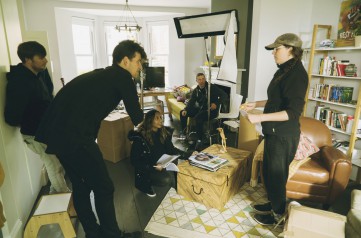 Papaya Young Directors
Papaya Young DirectorsPeople
Vathana Suppiah: Small pockets of time
discover playlists
-
Andriej Tarkowski
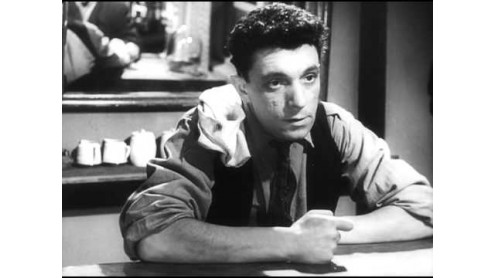 02
02Andriej Tarkowski
-
John Peel Sessions
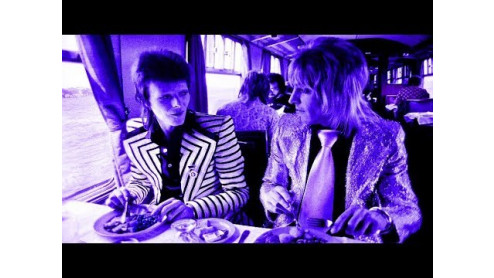 17
17John Peel Sessions
-
Paul Thomas Anderson
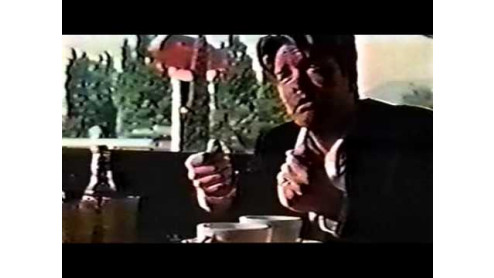 02
02Paul Thomas Anderson
-
Original Series Season 1
 03
03Original Series Season 1
